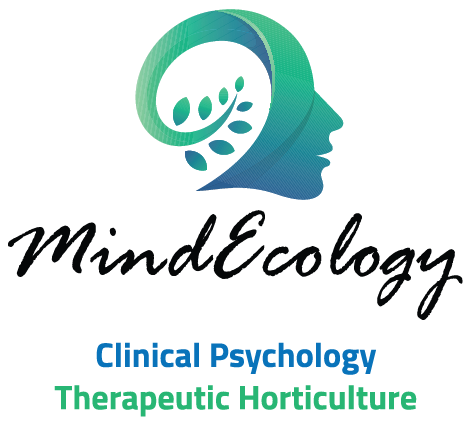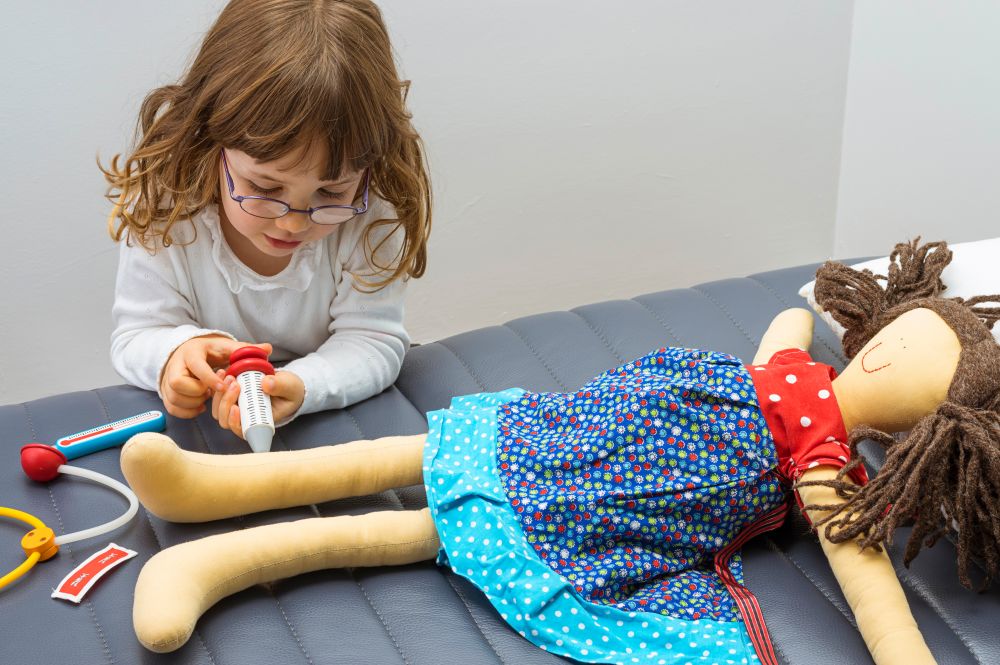Just like adults, infants and young children are sometimes exposed to highly stressful or traumatic experiences which overwhelm them, affect their sense of safety in the world, their day-to-day functioning and development.
Experiences which can do this are common-enough and include separations from or the loss of a caregiver (including caregivers being physically present yet emotionally unavailable), family or community violence and serious health conditions or medical procedures.
In these situations infants and young children may communicate their need for adult help through a range of struggles such as those with,
* bodily functions (eg difficulties sleeping or toileting)
* emotions (eg anger, fear, tantrums, separation-anxiety, nightmares, worry, being inconsolable)
* behaviour (eg aggression, avoidance, overactivity, reactivity, recklessness, inattention)
* developmental delays (eg speech, motor, social-relating, play)
* general health (eg tummy-ache, headache)
* relationships (eg social withdrawal, overly friendly with strangers, clingy with the parent or ‘parenting the parent’)
When these types of struggles are new for the infant or young child, more intense than usual or persist, the child may need specialist therapeutic care. Because the first social-emotional task for all human beings is to establish ‘basic trust’ in a caregiver (at around 1 year of age) as an attuned, emotionally available and protective other, relationship-based psychotherapy is especially helpful at this time.
Building upon the seminal work of Selma Fraiberg (2018) an American social worker and child psychoanalyst who was a pioneer in the field of infant mental health, Alicia Lieberman and Patricia Van Horn developed Child Parent Psychotherapy (CPP). CPP is a play- and relationship-based psychotherapy which promotes healing among children under 7 years of age who are affected by stressful or traumatic experiences. CPP draws upon theory of child development, attachment and psychoanalysis, and trauma neuroscience. CPP also honours the unique culture of individuals and families and the ways power is distributed unequally in society, often leading to social and cultural trauma such as the dispossession of indigenous peoples through colonisation.
In CPP the infant or young child is the ‘client’ and the therapy is done through weekly child-parent play sessions, with individual parent or caregiver sessions running parallel to this. CPP aims to create a safe space in which the child (& caregiver) can play and talk about the stressful or traumatic experience, make meaning of it, where the caregiver can come to understand the child’s experience better, support the child with their feelings & worries, help the child re-establish a sense of safety in the world and in the child-parent relationship for the future. Individual parent or caregiver sessions aim to provide an adult-only safe space for the parent or caregiver to share their experience of the stressful or traumatic experiences, of the child, examine whether their own history may be interacting with their responses to the child currently, and to build parenting capacity and confidence.
There is emerging evidence that CPP is helpful for children of diverse needs and experiences (& their parents or caregivers); for example that it is effective in reducing stress or trauma-related symptomatology among neurodivergent children who have had triggering stress or trauma, and in strengthening their relationships with their parent or caregiver.
CPP can also be used with pregnant-women who are distressed about pending motherhood where this is linked to traumatic experiences in their own histories which they have not recovered from such as childhood neglect or abuse, or the loss of a parent through family breakdown, all of which are commonly triggered by the experience of pregnancy.
CPP is one of the interventions registered in the U.S. Substance Abuse and Mental Health Services Administration (SAMHSA) Register of Evidence-based Programs and Practices and is also designated by the U.S. National Child Traumatic Stress Network (NCTSN) as being an evidence-based intervention for children who have experienced trauma.
I count myself lucky to be nearing the end of the 20-month Implementation-Level CPP training program. It has been a joy and privilege, and in truth……………………….a marathon! As I look back at my training I am amazed at the window I have had into the incredible capacity of infants and young children to register stressful experiences in their bodies, hearts and minds, to communicate their need for help to adults who are listening and to use a safe space with their caregiver and the therapist to play and talk their way back to greater safety and health. I look forward to offering a safe therapeutic space for infants, young children and their caregivers to tell their stories of pain and hurt, and work toward recovery in the future.
Sources
Bowlby, J. (1979). On knowing what you are not supposed to know and feeling what you are not supposed to feel. Canadian Journal of Psychiatry, 24, 5, 403-408.
Child Parent Psychotherapy (CPP 2022). https://childparentpsychotherapy.com/about/
Fraiberg, S, Adelson, E & Shapiro, V. (2018). Ghosts in the Nursey: A Psychoanalytic Approach to the Problems of Impaired Infant-Mother Relationships. Parent-Infant Psychodynamics, Routledge, 87-117.
Leiberman, A, Padron, E, Van Horn & Harris, W. (2005). Angels in the Nursery: The Intergenerational Transmission of Benevolent Influences. Infant Mental Health Journal, 26, 6, 504-520.
U.S. National Child Traumatic Stress Network. https://www.nctsn.org/
U.S. Substance Abuse & Mental Health Services Administration (SAMSHA) https://www.samhsa.gov/

